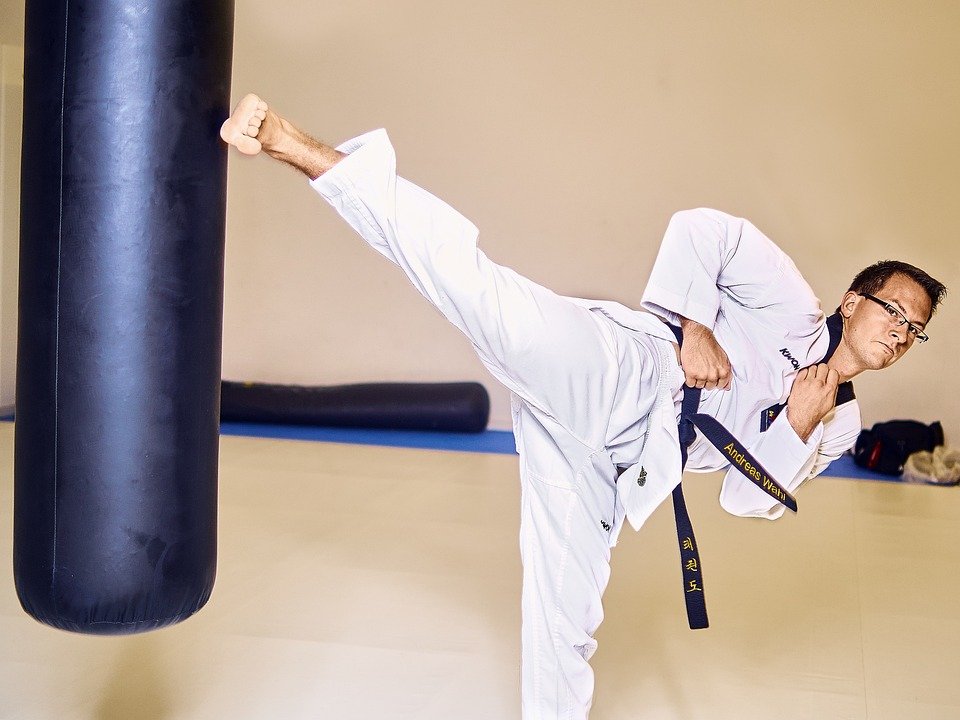In the world of combat sports, where every punch, kick, and grapple can determine a fighter’s fate, the scoring system remains a critical yet often contentious aspect. While professional judges are tasked with evaluating performances based on criteria like effective striking, grappling, and overall damage, there have been numerous instances where their decisions have sparked outrage, leading to debates that can overshadow athletic prowess. This article explores some infamous scoring controversies in combat sports, delving into the factors contributing to these discrepancies and their implications on the athletes and the sport.
The Judging System: A Double-Edged Sword
The primary goal of any judging system is to provide an objective measure of performance. However, the subjective nature of evaluating combat can lead to differing interpretations. Judging criteria can vary significantly between different combat sports, from boxing to mixed martial arts (MMA), and even grappling arts like Brazilian Jiu-Jitsu, making it challenging to establish a universally accepted standard.
Combat sports judges are trained to assess multiple factors during a bout, including effective striking, significant damage, control of the octagon or ring, and the impact of grappling exchanges. However, the weight given to these elements can differ based on the judge’s experience, bias, and understanding of the sport. This inconsistency can often lead to controversial decisions that undermine the integrity of the results.
Notable Scoring Controversies
1. The Fight That Sparked Outrage: Pacquiao vs. Horn (2017)
One of the most significant controversies in boxing in recent years occurred during the welterweight clash between Manny Pacquiao and Jeff Horn in July 2017. The bout, held in Brisbane, Australia, ended with Horn winning by unanimous decision. Many spectators, analysts, and boxing purists believed that Pacquiao had done enough to earn the victory, citing his effective striking and ring control. The result not only drew criticism for its perceived injustice but also raised questions about the officiating in boxing, particularly in competitive home-field advantages.
2. Adesanya vs. Romero: A Tactical Stalemate (UFC 248)
In MMA, the absence of action can significantly impact scoring. At UFC 248, Israel Adesanya defended his middleweight title against Yoel Romero in what many considered a lackluster bout. While Adesanya was deemed the winner via unanimous decision, the fight was criticized for its minimal action, which left fans and analysts divided on the scoring. The judges awarded rounds to Adesanya based on his effective striking, but the lack of engagement from both fighters led to public dissatisfaction and debates about what constitutes effective offense in a combat sport environment.
3. Cejudo vs. Dillashaw: The 32-26 Scorecard
At UFC Fight Night 143, Henry Cejudo faced T.J. Dillashaw for the flyweight title. In what was a remarkable display of striking and grappling, Cejudo emerged victorious in a dramatic first-round stoppage. What drew ire was one judge’s score of 32-26 in favor of Cejudo, a decision that prompted confusion and led to speculation about the judge’s qualifications and understanding of the scoring criteria. While few could argue with the outcome, the strange score reflected systemic issues with how judges measure performance.
Implications for Fighters and the Sport
Scoring controversies draw attention not only to individual bouts but also to the broader implications for fighters and the sport’s integrity. For fighters, controversial decisions can affect their careers significantly—impacting their records, rankings, and financial opportunities. A loss due to a questionable decision can lead to missed title opportunities and long-term scars on an athlete’s reputation.
Moreover, when judging is called into question, it undermines the sport’s credibility. Fans are less likely to invest emotionally in a sport where the outcomes can hinge on subjective interpretations. Promoters and organizations must address these concerns through comprehensive training for judges, establishing clearer guidelines, and possibly introducing technology such as real-time scoring systems to offer more transparency.
Conclusion
In combat sports, where every second counts and split-second decisions can alter lives, the integrity of judging is paramount. Scoring controversies highlight the need for continued dialogue and reform within combat sports to ensure that athletes receive fair assessments of their performances. While the subjective nature of judging may never be fully eliminated, a commitment to improvement and adaptation can help preserve the spirit of competition and restore faith in a sport that thrives on the valor and tenacity of its warriors.






